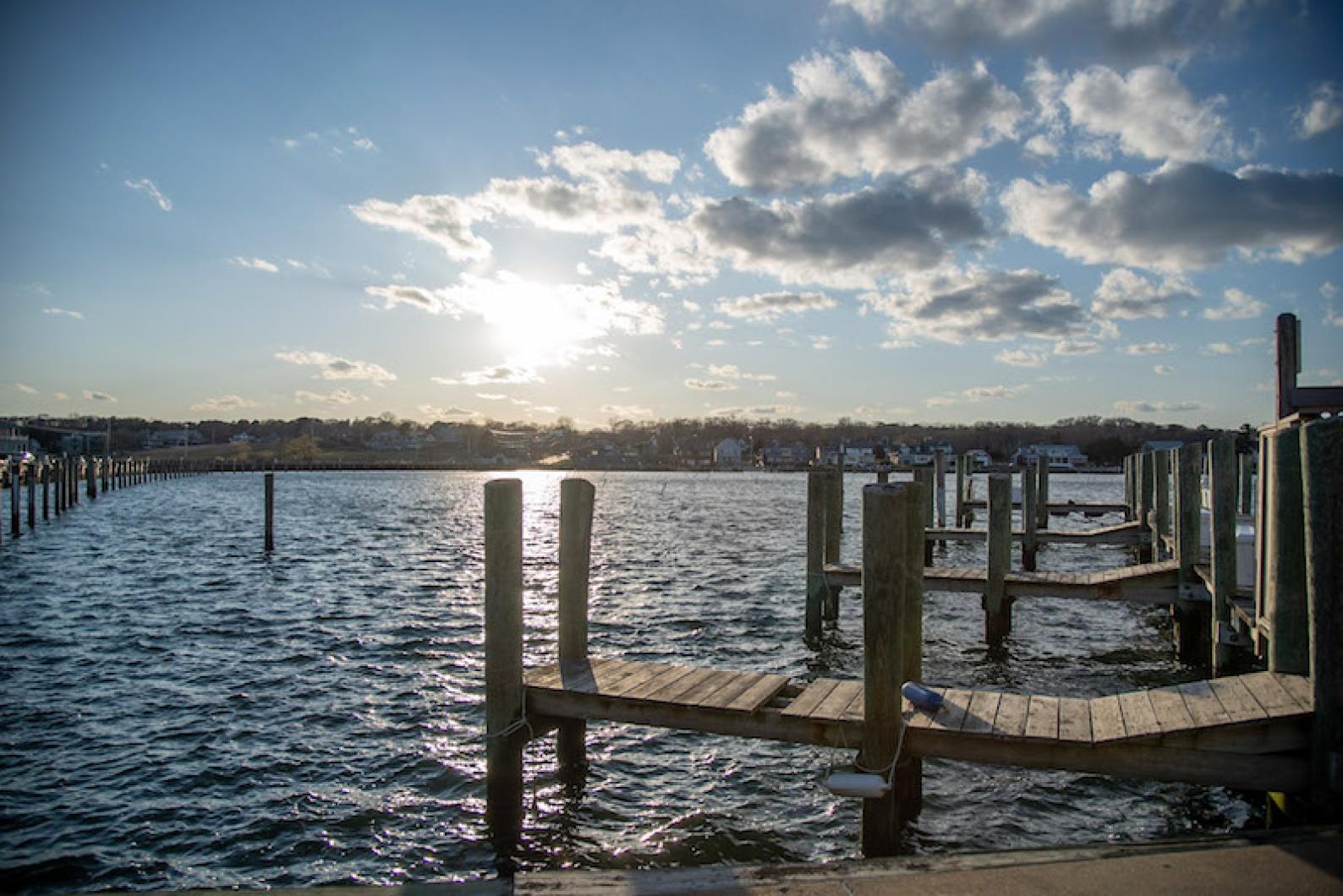Today’s sermon: There is no such thing as normal, except maybe a standard for body temperature.
I have a pretty good memory but you know what I don’t remember? I don’t remember my father telling me that I would grow up to live through the presidencies of a Hollywood B-movie actor, an African-American law professor, and a rich TV reality show lout, followed by a global pandemic that leads to an economic depression that leads to life in the New Normal.
What’s next? A trained seal in the White House and toilet paper as the new currency? Seems like all times are strange times.
While we wait for the New Normal, what’s normal for you? Here’s what’s normal for me. My wife and I awake each morning as if nothing is really all that unusual. We feel this helps to keep our sanity. We shower, get dressed, have breakfast and go about our business. When we go out to be among others — shopping for groceries, retrieving mail at the post office — we wear masks and gloves. When we take forest, beach or neighborhood walks, we try for the unencumbered look, but with masks and gloves at the ready.
We read, we write, we cook, we eat, we organize long-neglected desks and drawers, we open the cellar door thinking about spring cleaning, take a deep breath and close that door. Then we find an old movie or binge-watch a TV series, something sinister or British or both.
While our libraries and bookstores stay closed, I spend time downloading onto my Kindle or browsing our own shelves, lured by books long forgotten — a Raymond Chandler mystery, a history of the world’s smallest countries, comic stories of Kurt Vonnegut, weird stories of Daphne DuMaurier, a biography of former First Lady Florence Harding, a collection of old Modern Library classics from Suetonius’ The Lives of the Twelve Caesars to Virginia Woolf’s Mrs. Dalloway. Nothing seems to focus on “normal” times.
We manage to keep engaged with others, thanks to Zoom, FaceTime, Skype, Google Hangouts, WhatsApp or just a good old telephone call. We enjoy having cocktail hour with friends in an intimate online setting. We look forward to warmer times when we can have a water view with friends sitting six feet apart or even tailgating in a driveway. We even have cyber meetings with like-minded Islanders trying to determine ways to pump up the economy as well as our spirits.
Each day we thank our lucky stars for the ethos of the Island, its sense of community, neighborliness and volunteerism. We stay involved, connected, stimulated to stay on track going from one day to the next. Eventually, a behavioral pattern shows you that normal is what you make of it, a state of mind, not really something definable. Coming to grips with knowing there’s no such thing as normal has a sort of calming effect, like an extra blanket on a cold night.
There may be another wave to this virus and there may be a wave of travelers to our Island. Either could produce a surge in Covid cases here. Frankly I don’t see us feeling safe and relaxed until there’s widespread testing and the availability of a vaccine. So we live the way we live in social distancing while waiting for the other shoe to drop — and hope that it’s just a cushiony bedroom slipper.
During this shutdown I will continue to be thankful for smart phones and the Internet. How else could I spend time looking up the derivation of “waiting for the other shoe to drop”? Turns out it was coined in the first decade of the 20th century when overcrowding (the opposite of social distancing) swept New York. In flimsy tenements and apartment buildings that skimped on soundproofing, when someone upstairs dropped a shoe with a thud, you knew another thud was soon to follow — anticipating the inevitable.
Did folks back then think they were living in the New Normal? Let’s face it. No time is a normal time. Life is strange but much of the time clearly worth the trip and truly wonderful.
One hundred years ago Warren G. Harding ran for President on the slogan, “Return to Normalcy”. This was 1920 and the country had just rounded up and deported immigrants, especially those deemed trouble makers, just gone through the brutality of World War I, and just suffered the pandemic known as Spanish Influenza that infected one-third of the world’s population and killed about 50 million.
Normalcy as a word didn’t exist. It was made up by influence manipulators. Harding turned out to be one of our worst presidents. He fathered a child out of wedlock as a result of a dalliance in a U.S. Senate chamber. He filled his cabinet with unqualified or greedy cronies. He allowed the sale of government lands for oil profiteering. And he died during his term under mysterious circumstances. Either it was a heart attack, food poisoning or a cabal led by his wife. At any rate, what passed for normalcy returned — the 1920s continued to roar right into the Great Depression.
I rest my case. Is that a normal way to end a sermon? Well, there’s no such thing as normal.
Arnie Reisman and his wife, Paula Lyons, regularly appear on the weekly NPR comedy quiz show, Says You! He also writes for the Huffington Post.




Comments (5)
Comments
Comment policy »